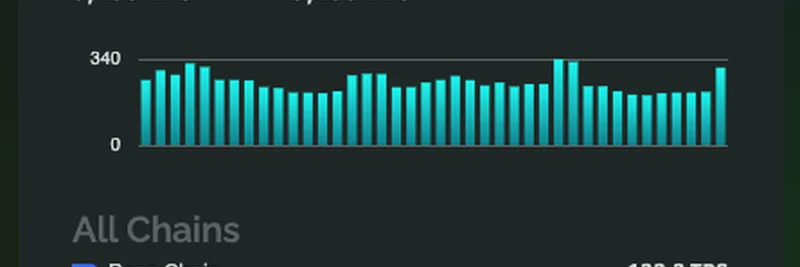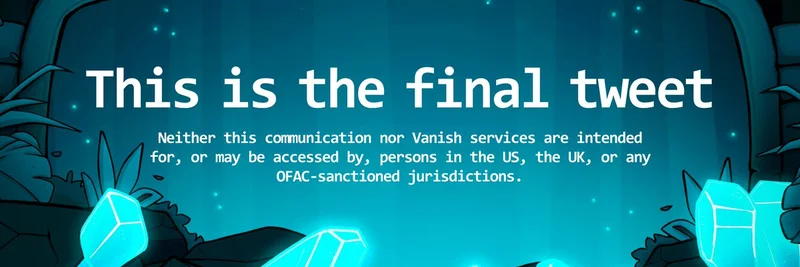In the fast-paced world of crypto, big moves from traditional finance can send ripples through the entire ecosystem. Recently, a tweet from @zoomerfied highlighted a groundbreaking development: Nasdaq has filed with the SEC to allow the tokenization and blockchain listing of stocks listed on its exchange. This news, amplified by @castle_labs, has the community buzzing about the massive unlocks it could bring to decentralized finance (DeFi) and beyond.
Understanding Nasdaq's Proposal
Let's break it down simply. Tokenization means converting traditional assets, like stocks or ETFs (exchange-traded funds), into digital tokens on a blockchain. This isn't just a buzzword—it's about making assets more accessible, liquid, and efficient. According to the official SEC filing, Nasdaq wants to enable member firms and investors to trade these tokenized versions alongside regular stocks on its platform.
Why is this a big deal? In traditional markets, trading stocks involves intermediaries, settlement delays, and limited hours. Blockchain tokenization could slash those barriers, allowing 24/7 trading, fractional ownership (think buying a sliver of an expensive stock), and seamless integration with crypto tools. Nasdaq's push aligns with broader trends where Wall Street meets Web3, as seen in similar efforts by other exchanges.
The DeFi Unlocks: Perps, Lending, and Liquidity Pools
As @castle_labs pointed out, this could supercharge perpetual DEXs (decentralized exchanges for perpetual futures contracts). Perps let you bet on asset prices without owning the underlying asset, and they're huge in crypto—think platforms like GMX or dYdX. With tokenized Nasdaq stocks, you could trade perps on real-world equities directly on-chain, blending TradFi liquidity with DeFi innovation.
Then there's the boost for DeFi heavyweights like Pendle and AAVE. Pendle specializes in tokenizing future yields, which could extend to tokenized stock dividends or options. AAVE, a leading lending protocol, might see new collateral types—imagine borrowing against your tokenized Apple shares to buy more crypto. And for liquidity providers (LPs), pooling tokenized stocks with stablecoins or other assets opens up novel yield farming opportunities.
Hyperliquid, a high-performance DeFi platform, stands to gain too. It's designed for fast, low-cost trading, and integrating tokenized stocks could attract institutional players looking for efficient ways to hedge or speculate.
How This Ties into Meme Tokens
At Meme Insider, we're all about the wild, community-driven side of crypto. Meme tokens like Dogecoin or newer ones inspired by viral trends thrive on hype, accessibility, and cultural relevance. Nasdaq's tokenization could indirectly fuel the meme economy in a few ways.
First, easier access to tokenized TradFi assets might onboard more normies (regular folks) into blockchain. Once they're in, they're more likely to dip into meme tokens for fun or quick gains. Second, imagine meme projects building on top of these tokenized stocks—perhaps a token that tracks meme stocks like GameStop, but with DeFi twists like automated trading bots or community governance.
It could also spark new meme narratives. Remember the WallStreetBets frenzy? Tokenized stocks on blockchain might democratize that even further, leading to meme token launches tied to specific equities or market events. The possibilities are endless, and as blockchain practitioners, keeping an eye on these bridges between TradFi and crypto is key to staying ahead.
Looking Ahead: Challenges and Opportunities
Of course, nothing's guaranteed. The SEC's approval isn't a slam dunk—regulators are cautious about crypto's volatility and risks like market manipulation. But if it passes, we're looking at a more interconnected financial world where DeFi protocols and meme token communities could flourish.
For now, this filing is a signal that traditional institutions are embracing blockchain tech. Whether you're a DeFi degen, a meme token holder, or just curious about the space, developments like this remind us why crypto is so exciting: it's constantly evolving, breaking barriers, and creating new ways to build wealth and communities.
Stay tuned to Meme Insider for more updates on how this unfolds and its impact on the meme token knowledge base. What's your take—game-changer or hype? Drop your thoughts in the comments!



